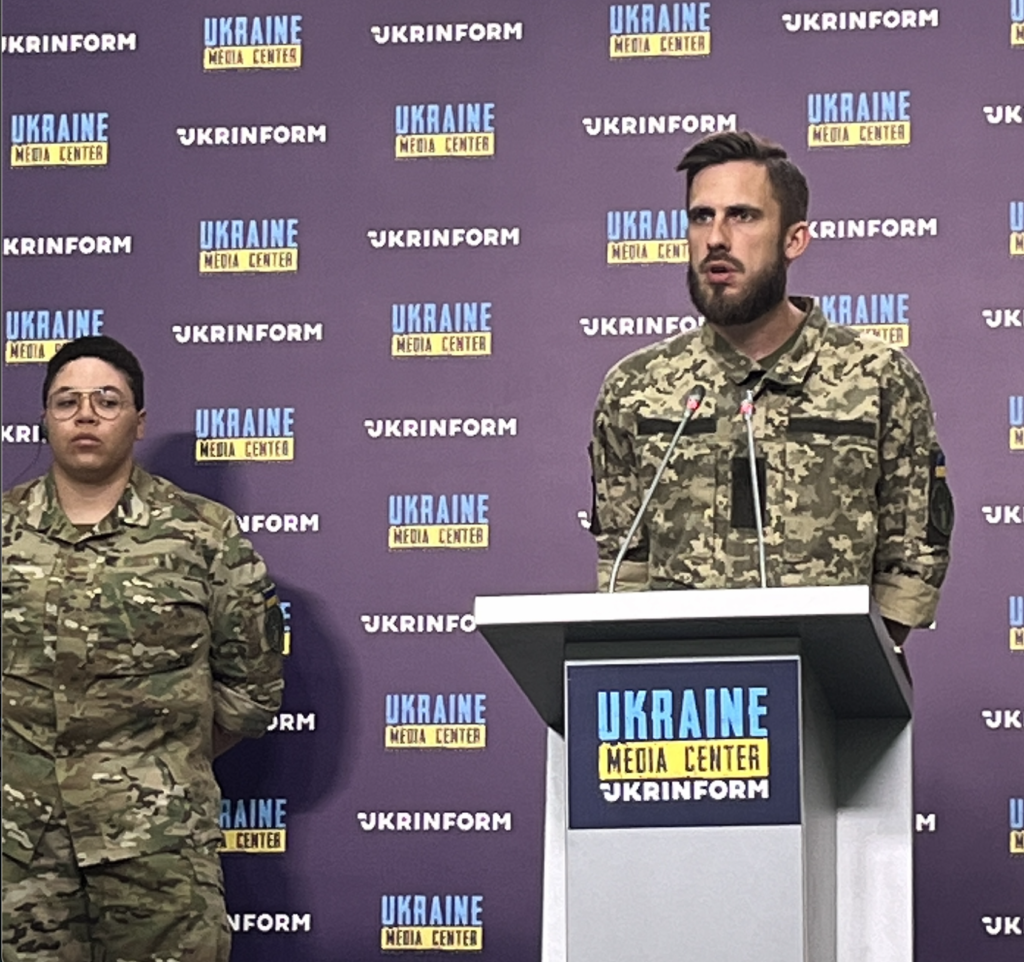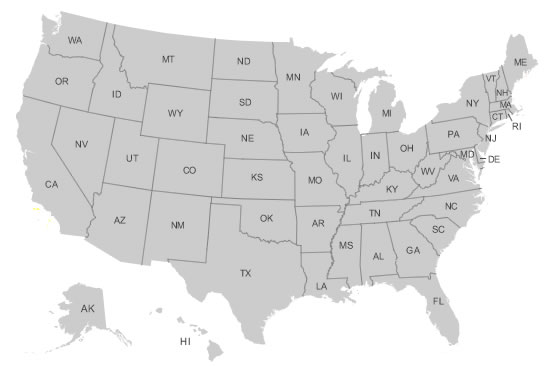We Answered the Call: The International Legion for the Defence of Ukraine Are Not Mercenaries.

We have representatives of more than 50 countries, 55 when I last looked,” stated Damien Magrou, the official spokesperson of the International Legion for the Defence of Ukraine, “and we have representatives of countries from all parts of the world, as far as Brazil, South Korea, and Australia fighting in the Ukrainian Armed Forces”.
Although the International Legion (often mistakenly called the Ukrainian Foreign Legion, and distinct from the Georgian Foreign Legion) does not release official statistics, the largest number of members are USA and British citizens, followed by citizens from Poland and Canada, the Baltic States, and the Nordic Countries including Finland, according to statements made by Magrou during the International Legion’s first press conference in Kyiv, today, 13 June 2022.
“As previously reported, four foreign members of the Ukrainian Armed Forces have been taken hostage by enemy forces in the Russian-occupied territories of Ukraine (the so-called Donetsk’s People’s Republic). Three of the four: Aiden Aslin, Shaun Pinner, and Brahim Saadoun, are not part of the International Legion, but remain members of the Ukrainian Armed Forces – all having joined at least a year before the start of the new offensive led by Russian forces on 24 February,” stated Magrou.
These three have been sentenced to death by firing squad in a widely publicized “show trial” in violation of Articles 4 and 13 of the Geneva Conventions, which state that any “members of the armed forces of a party to the conflict as well as members of militias or volunteer corps forming part of such armed forces” are entitled to be Prisoners of War (POWs) who “must at all times be protected, particularly against acts of violence or intimidation and against insults and public curiosity. Measures of reprisal against prisoners of war are prohibited.”
Given these men were not part of the International Legion, the spokesperson had no additional information about the measures being taken by the Ukrainian and foreign governments to negotiate the release of the prisoners of war, but he is aware of ongoing efforts to negotiate their release at the highest levels – despite Russian propagandists erroneously claiming these UAF soldiers are “mercenaries”. The spokesperson remarked that there is already an independent authority who is empowered by the Geneva Conventions to facilitate this process, the International Committee of the Red Cross (ICRC), and he again urged the Russian government and its proxy forces in occupied Ukraine to fulfill their obligations with the Red Cross and the delegates of the Ukrainian and foreign governments (“the Protecting Powers”) as defined in article 126 of the Geneva Conventions (III) of 1949 that the USSR ratified in 1954. In 2019, the Russian Federation revoked its recognition of Article 90, to thwart attempts to access facts about Russia’s treatment of POWs, but Russia remains a signatory to the rest of the agreements of the Geneva Conventions, as the successor state to the USSR.
“The fourth man, Andrew Hill, is a legionnaire. However, the Russian-backed forces who captured him have provided no information on his whereabouts and his status is unknown”.
The spokesperson urged the Russian proxy forces and the Russian government to provide proof of life and confirm that Andrew Hill is being given the appropriate treatment according to his status as a POW, and then negotiations for a prisoner swap – the legal mechanism for releasing a POW – could begin. The spokesperson reiterated that the International Legion is part of the Ukrainian Armed Forces; therefore, all legionnaires receive the same pay and entitlements as any Ukrainian in the Armed Forces, including the provision of weapons and ammunition.
“We have all of the documents and contracts in accordance with Ukrainian law that prove we are full employees of the Armed Forces of Ukraine, so by the very definition of the word and in accordance with international law, we are not “mercenaries” who fight for profit,” Magrou continued, “we do collect donations, mostly from private donors in the West, through various entities and platforms to purchase equipment such as vehicles and optics which are not part of the standard military kit, but are needed on the battlefield and are not funded through the state channels of Ukraine”.
In contrast, Wagner mercenaries who fight on behalf of Russia would not be afforded the POW status, “unless they also could provide their full name, service number, and unit in the Russian military,” stated Magrou, “although I am unaware of how the Ukrainian military handles Wagner mercenaries or if any are in captivity, but from an international law perspective, Ukraine is under no obligation to treat these mercenaries as POWs.”
American Sgt. Glenna Manchego, former US Navy Corpsman, who is a combat medic in the International Legion from Salt Lake City, Utah, USA, accompanied Magrou and addressed the crowd:
“When I saw what was happening to Ukrainians on TV, I couldn’t believe what I was seeing – I couldn’t believe this was humanly possible, and next I saw Zelensky’s call to the World.
“If you come, we will arm you – fight for us”. I arrived here on April 1st and soon went to Kharkiv, and there I saw evil. I couldn’t believe a human could do that to another human, until I got there.
We get this common question–what motivated you to come? It’s hard to explain, but I talked to my fellow Legionnaires, and what they wanted me to say is: We all heard a call. We’ve heard this call before, because we have served before in our countries’ militaries, and where I’m from you volunteer to serve in the military, to protect your values, to protect your country…but when we heard Zelensky’s call, it was bigger, a call to the world, not just for an individual country, a call that we can’t quite describe, but we were ready to answer it.”


